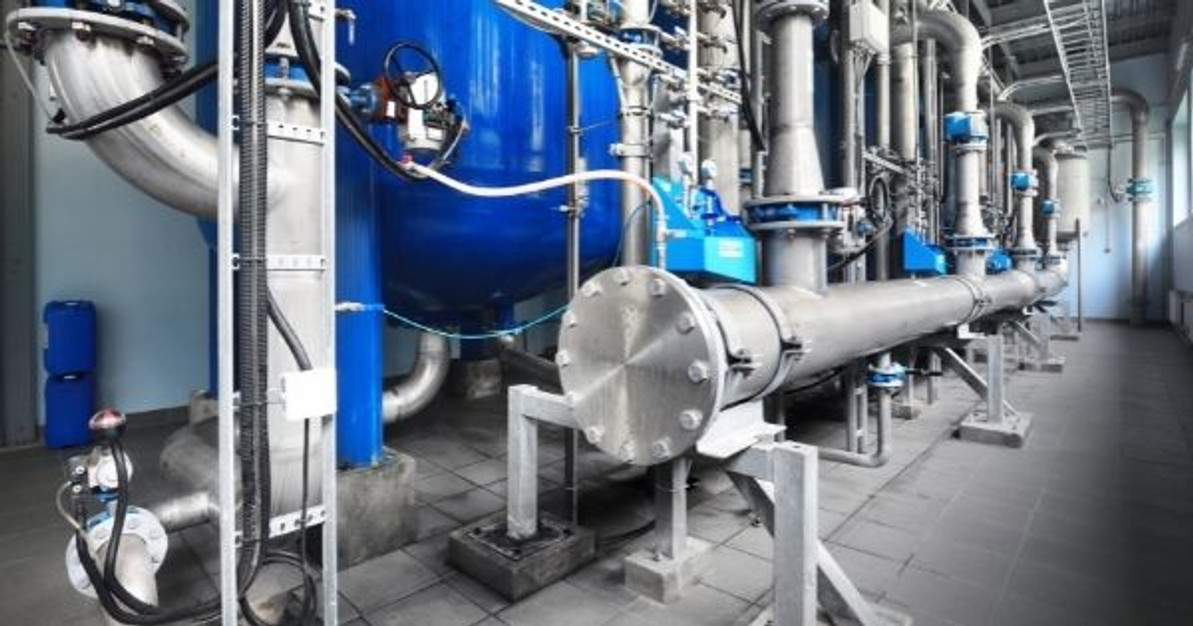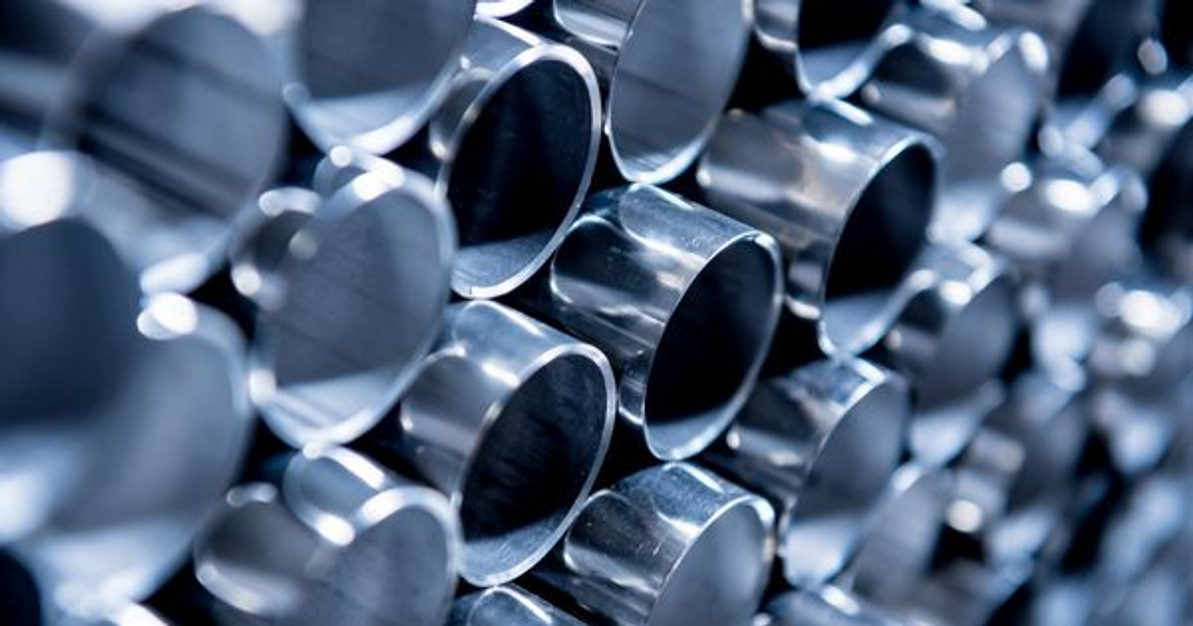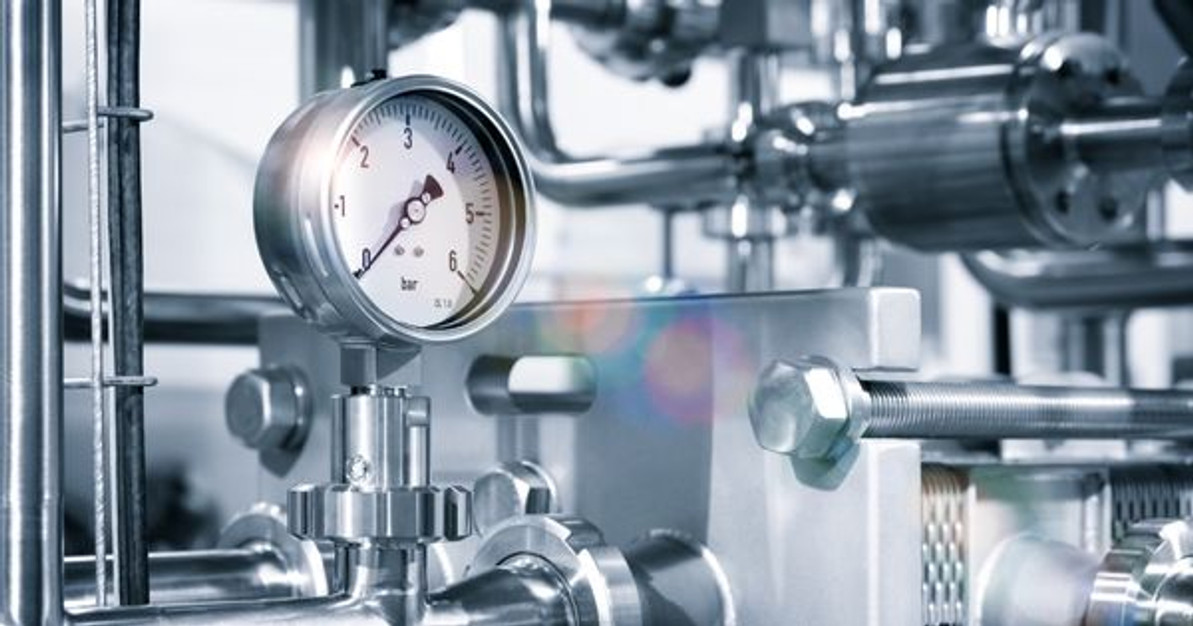 May 18th 2022
May 18th 20223 Industries That Use Liquid Filtration Systems
Liquids for consumption and other uses must be filtrated to prevent contamination or dilution from solids, waste, and other materials. You wouldn’t want to drink water with dirt and debris in it! To give you a better idea of how important stainless steel sanitary filters are and how they’re applied, here are three industries that use liquid filtration systems.
Water Treatment
One industry that affects everyone without exception is the water treatment industry. Beyond drinking water, many other industries need clean water to operate and must comply with certain water quality standards. As a result, you can expect water treatment facilities to be very particular and concerned about their filtration system. There are four major water treatment processes: coagulation, sedimentation, filtration, and disinfection.
To put it briefly, the coagulation process uses positively charged chemicals to neutralize dirt and other particles, which become a substance called “floc”. Floc then becomes sedimentation and can be filtered out. This doesn’t rid the water entirely of harmful particles, so the water is then filtered and sanitized to fully purify the water.
Pharmaceuticals
Another big industry that uses liquid filtration systems is the pharmaceutical industry. Every type of medicine goes through rigorous quality control tests to ensure impurities are removed from the final product, from over-the-counter drugs to prescription medications. Pharmaceutical testing uses filtration to detect and eliminate substances like bacteria, viruses, dust, and other particles. A final product will then undergo further filtration with a centrifuging process to comply with regulations and prevent contamination.
Biotechnology
Lastly—and this one is a bit less understood—let’s talk about biotechnology. Filtration allows us to harness biological processes to obtain substances we make take for granted in our food, beverages, and fuel. For example, filtration in biotechnology is responsible for the production of antibiotics, enzymes to eliminate toxic waste, and genetically modified crops to ensure they grow healthier and stronger. These strides in technology wouldn’t be possible without the help of filtration to obtain the exact components we need without any contamination.
 May 18th 2022
May 18th 2022Recent Posts
-
Nov 7th 2022
What Is Food-Grade Stainless Steel Tubing?
Businesses that produce food and beverage products must operate hygienically. Sterile environments a …Nov 7th 2022
-
Oct 11th 2022
Why Sanitary Fittings Are Important for the Medical Industry
Sanitary fittings are useful for many industries. Food and beverage manufacturers have used these to …Oct 11th 2022
-
Sep 23rd 2022
What Is the Max Operating Temperature for Stainless Steel?
Stainless steel is valued in many industrial applications because it’s capable of withstanding high …Sep 23rd 2022




